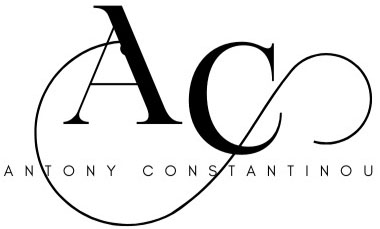Why begin counselling and psychotherapy?
In today’s fast-paced world, many of us face challenges that can impact our mental health and well-being. I understand how overwhelming it can sometimes feel, from everyday stressors to significant life changes. I offer counselling and psychotherapy—to provide a safe and supportive space for you to explore your thoughts, feelings, and experiences.
So, why should you consider counselling and psychotherapy? Here are a few compelling reasons:
- Addressing Mental Health Concerns: If you’re experiencing symptoms of depression, anxiety, or other mental health issues, therapy can provide you with the tools and support needed to manage these challenges effectively.
- Navigating Life Transitions: Whether you’re going through a divorce, adjusting to parenthood, or facing career changes, therapy can help you navigate these transitions with greater ease and resilience.
- Improving Relationships: Therapy isn’t just for individuals—it can also benefit couples and families. By addressing communication issues, resolving conflicts, and building stronger connections, therapy can help cultivate healthier and more fulfilling relationships.
- Promoting Self-Discovery: Therapy offers a unique opportunity for self-reflection and personal growth. Through introspection and exploration, I can help you better understand yourself, your values, and your goals, leading to greater self-awareness and fulfilment.
- Developing Coping Strategies: Life is full of ups and downs, and therapy can equip you with practical coping strategies to deal with stress, adversity, and uncertainty. From relaxation techniques to problem-solving skills, therapy provides a toolkit for managing life’s challenges more effectively.
- Breaking Unhealthy Patterns: If you find yourself stuck in repetitive patterns of behaviour or thought holding you back, therapy can help you identify and challenge these patterns, paving the way for positive change and growth.
